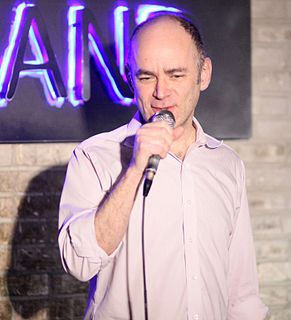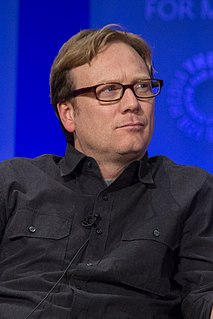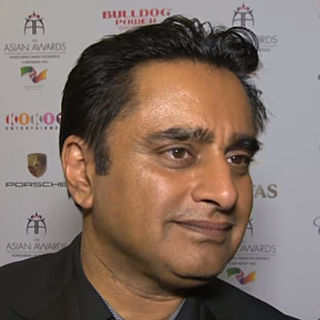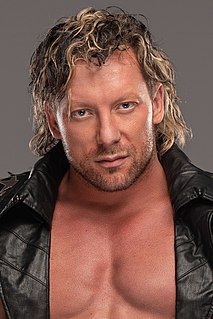A Quote by Margaret Cho
Homophobia is a tough one. In some places it's actually very OK to be homophobic. Comedy clubs in general are very unsafe spaces for LGBT, for women, for Asian people. So my goal in comedy has sort of been to make this a safe space for people who were like me.
Related Quotes
The first purpose of comedy is to make people laugh. Anything deeper is a bonus. Some comedians want to make people laugh and make them think about socially relevant issues, but comedy, by the very nature of the word, is to make people laugh. If people aren't laughing, it's not comedy. It's as simple as that.
The problem with a lot of comedy clubs is not that they are a comedy club; it's just the cheesy way they're presenting themselves. That's why a lot of people have a problem with them. If you're a relatively unknown comedian, you can play at a comedy club, you might play to hundreds of people every night. But if you try to make a concert event out of it, and try to play a rock club or something, where you might play to 10 people or no people. And the flipside of that is, that's also a great thing, to play to people who are your fans. Some people are too hard on the comedy clubs.
I think I'm one of those guys who was sort of always in comedy. I thought of myself - and other people seemed to think of me - as funny from a very young age. I was a very young comedy nerd and I even did sketch comedy in high school and college. I wrote and shot sketches on video and acted in them.
People have a comic bent or an angularity to their thinking, and those are the people who make jokes. And it's usually people who were in an environment, when they were young, where jokes were at a premium, or at least considered important to a life. My parents always listened to the comedy radio shows, we went to the comedy movies, and my parents appreciated comedy. So kids listen and follow what their parents like.
It's very hard to find a good comedy. I prefer doing comedy far over anything else because I think they're actually more profound. But finding a good one and a great ensemble is very difficult to do and I'm delighted that in these particular times there is so much interest in comedy and that comedy is having so much success.
A lot of people think that comedy is sort of a cop out to not wrestling seriously, but I actually would argue that comedy is much more difficult than wrestling seriously because you have to be creative in almost everything that you do if you want the comedy to make sense within the realms of pro wrestling.
Comedy is lively, comedy is joy, and that's what keeps us [people] going, we've got to look forward to little, little happiness's. Little, little joys, and comedy is very, very important, it's a vital. We underestimate its value, but we should see more comedies. Comedy is life giving, it's invigorating. I really believe it.

































